After initial post CPI selloff, GBP stabilizes a bit. But it’s still trading as the weakest major currency for today.
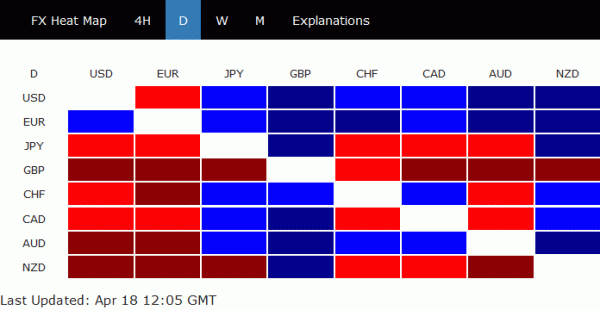 Headline CPI slowed to 2.5% yoy in March, notably below expectation of 2.7% yoy. That’s also the lowest level in a year. More importantly, it’s also the first time wage growth beat inflation since January 2017. Average weekly earnings, despite meeting forecast, grew 2.8% 3moy in February, as released a day ago.
Headline CPI slowed to 2.5% yoy in March, notably below expectation of 2.7% yoy. That’s also the lowest level in a year. More importantly, it’s also the first time wage growth beat inflation since January 2017. Average weekly earnings, despite meeting forecast, grew 2.8% 3moy in February, as released a day ago.
Chancellor of Exchequer Philip Hammond surely welcomed the data as he tweeted:
But the data is certainly not that welcomed by BoE hawks like Ian McCafferty and Michael Saunders. They comments will be closely watched to see if they back down from their hawkish stance.
It should be noted that BoE’s February projections were based on market pricing that Bank Rate will rise to 0.7% by 2018 year end. And by 2019 Q1, CPI inflation would drop to 2.3%. Inflation is now already in a clear down trend, diving from 3% in January to 2.5% in March. With Bank Rate staying unchanged at 0.50%. There is much room for BoE to wait through at least another quarter to see how things play out.
November rate decision is now closer to certain, “no”. And May hike is back on the table.





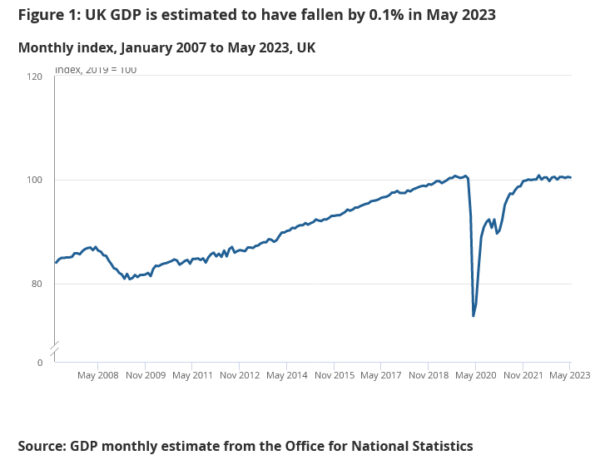
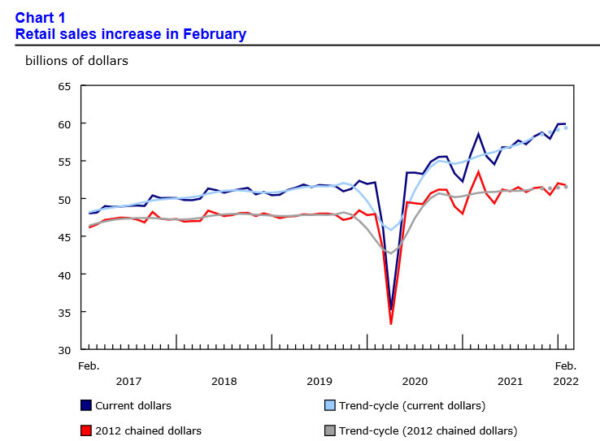
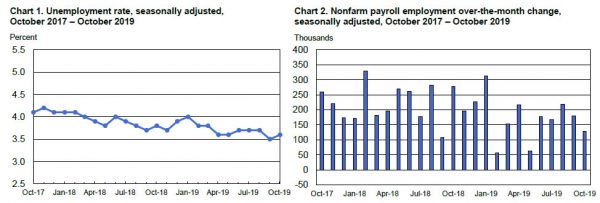
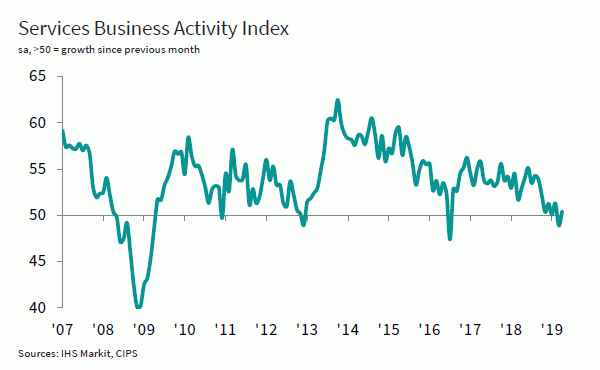
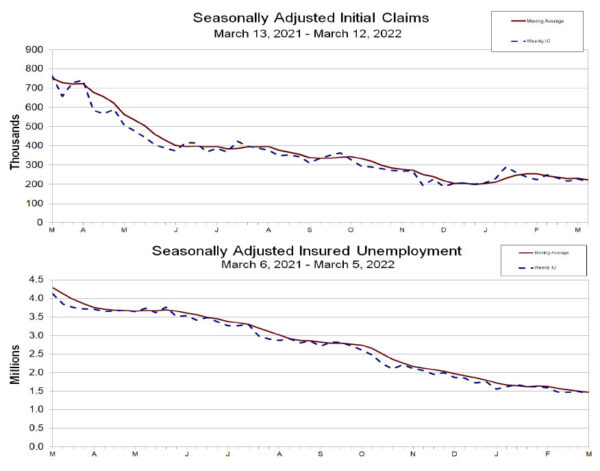
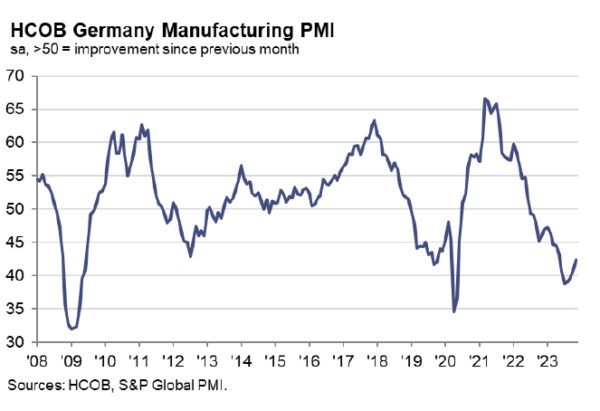
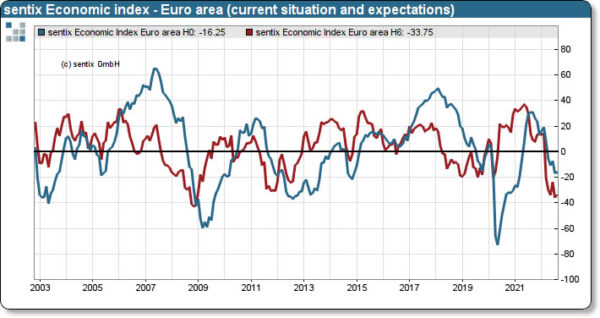
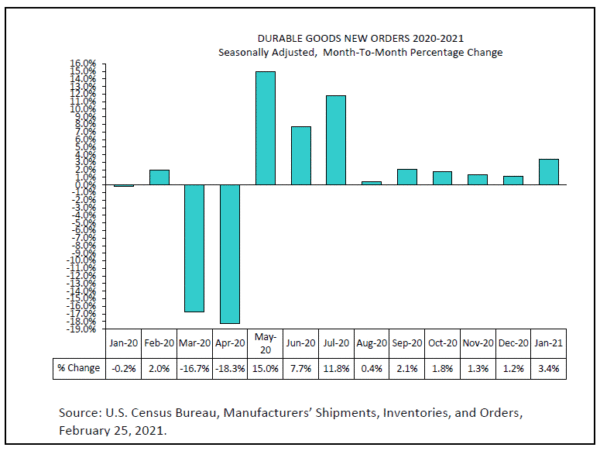
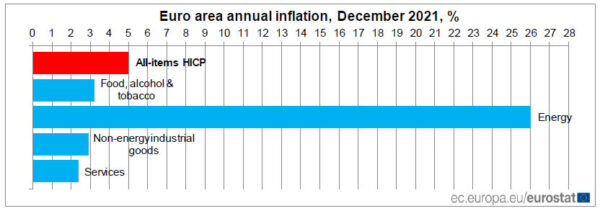

ECB Panetta: PEPP to be used in full unless there are significant upside surprises
ECB Executive Board member Fabio Panetta warned in an interview that it’s “too soon to declare victory” on coronavirus pandemic. Recent economic data “certainly indicate that we’re making progress”, he said.
“But we need to view these improvements with caution, because they are an effect of the rebound that was to be expected after the earlier disastrous fall in economic activity and reflect the large-scale intervention of economic policies.” “Moreover, they don’t diverge from our forecasts. So they don’t give us sufficient grounds for satisfaction.”
He added that “economic activity is still well below pre-crisis levels”. Based on ECB’s projections “we won’t see a return to those levels before the end of 2022”. Outlook is also uncertain for the economy and jobs while growth is uneven.
Regarding monetary policy, Panetta expects to use the resources available under the PEPP “in full” unless there are “significant upside surprises”. “The programme is working well, and I don’t see any economic reasons to change our decisions or actions.”
Full interview here.